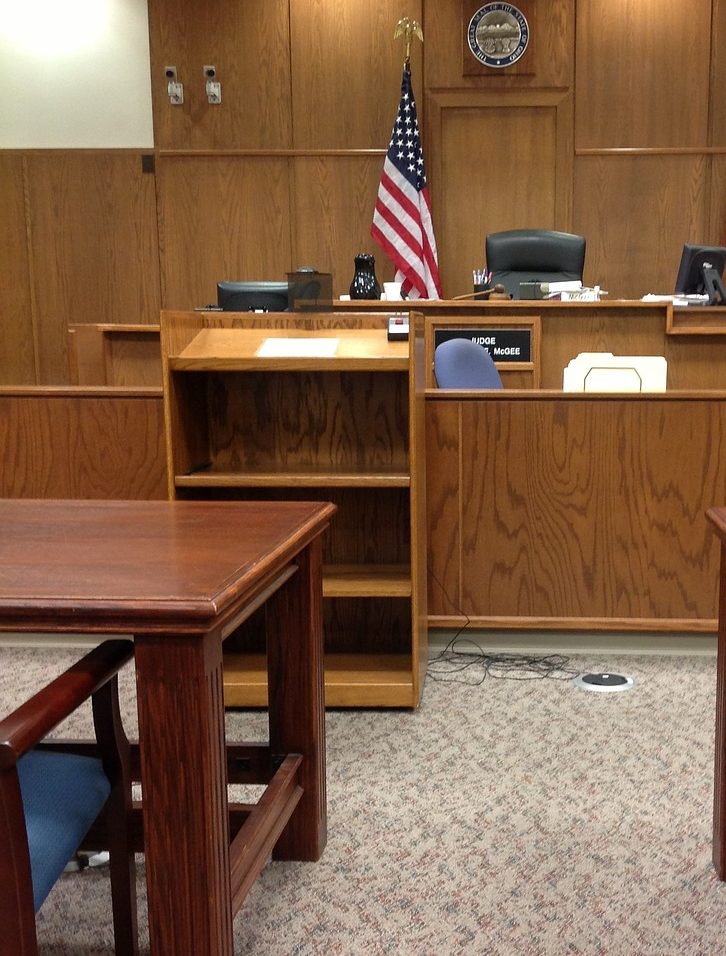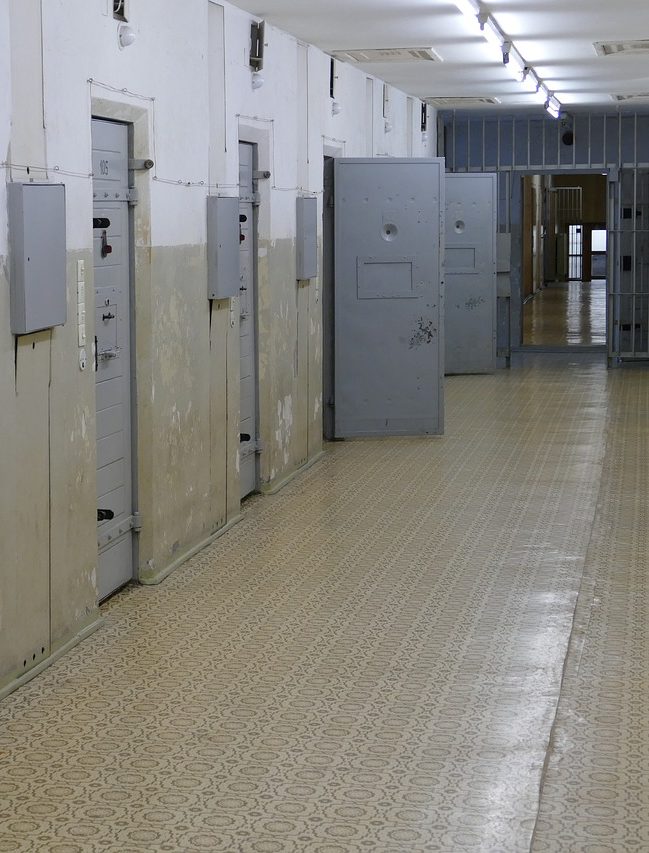Be proactive.
You can help.
Has a loved one just been arrested? There are some things you can do to help protect their rights.

Gather information.
As soon as possible after your loved one’s arrest, gather together a few critical pieces of information that will help in the early days or their defense:
- Your loved one’s full, legal name.
- Your loved one’s date of birth.
- Your loved one’s first court date.
- A plan for where your loved one will go if he or she is released from jail.

Come to court.
Come to court to support your loved one. Be ready to answer any questions his or her lawyer may have. Make sure to provide the following information to your loved one’s attorney:
- Any information you personally know about the case.
- The names of any witnesses you may know.
- Any information concerning mental health, substance abuse, or serious medical issues your loved one may have.
- Any information you may have concerning your loved one’s family and/or personal ties to the community.
- Any plan you may have for where your loved one will be able to live if he or she is released from jail.

Be supportive.
If your loved one is not released from jail, do whatever you can to keep his or her spirits up. There are a few things you can do to help your loved one’s case:
- DO NOT discuss your loved one’s case with them. Jail communications are recorded, and even the most innocent of statements can be misconstrued in court.
- Make sure your loved one’s attorney has reliable contact information for you. Often, a resolution in a particular case will involve some form of mental health or substance abuse treatment. Family is often a vital part of accomplishing this.
